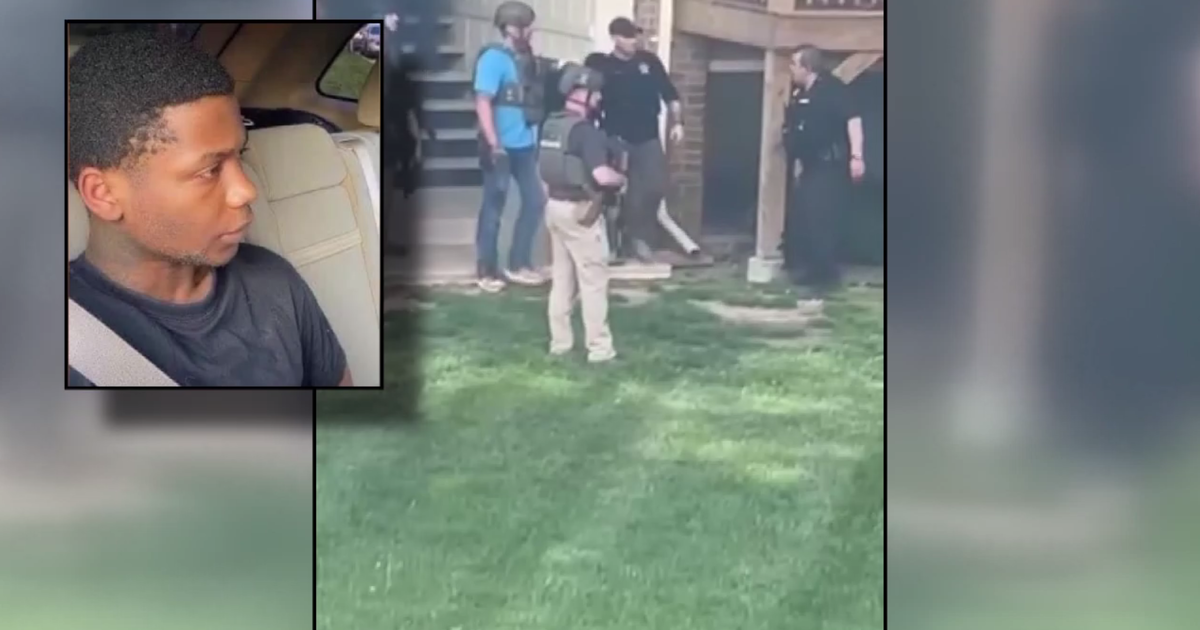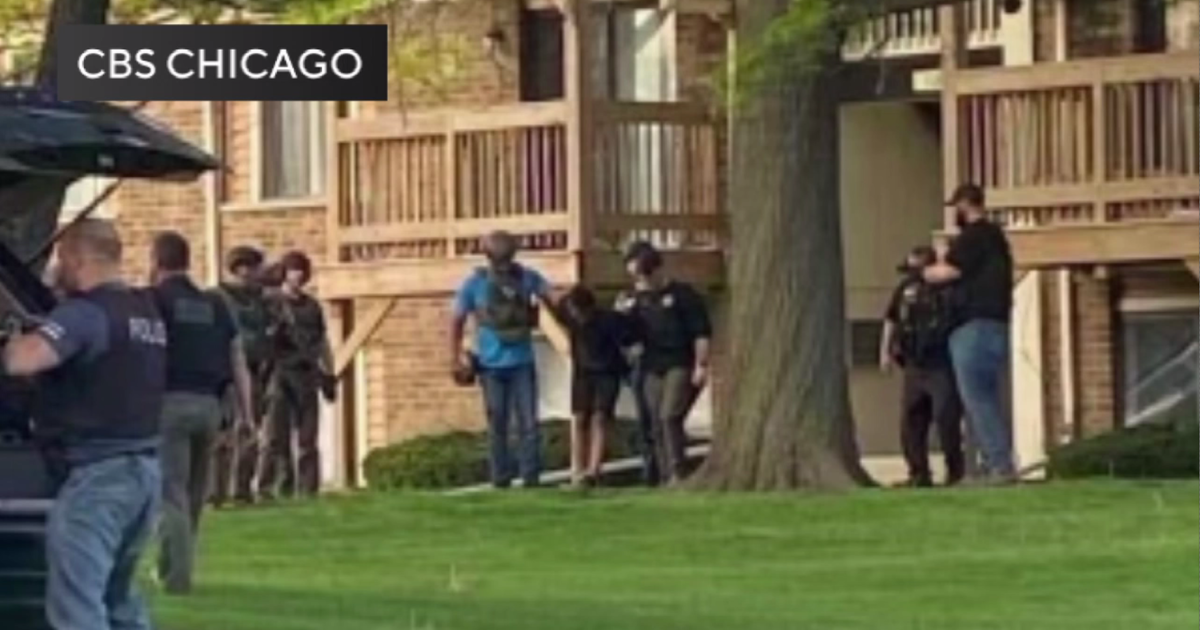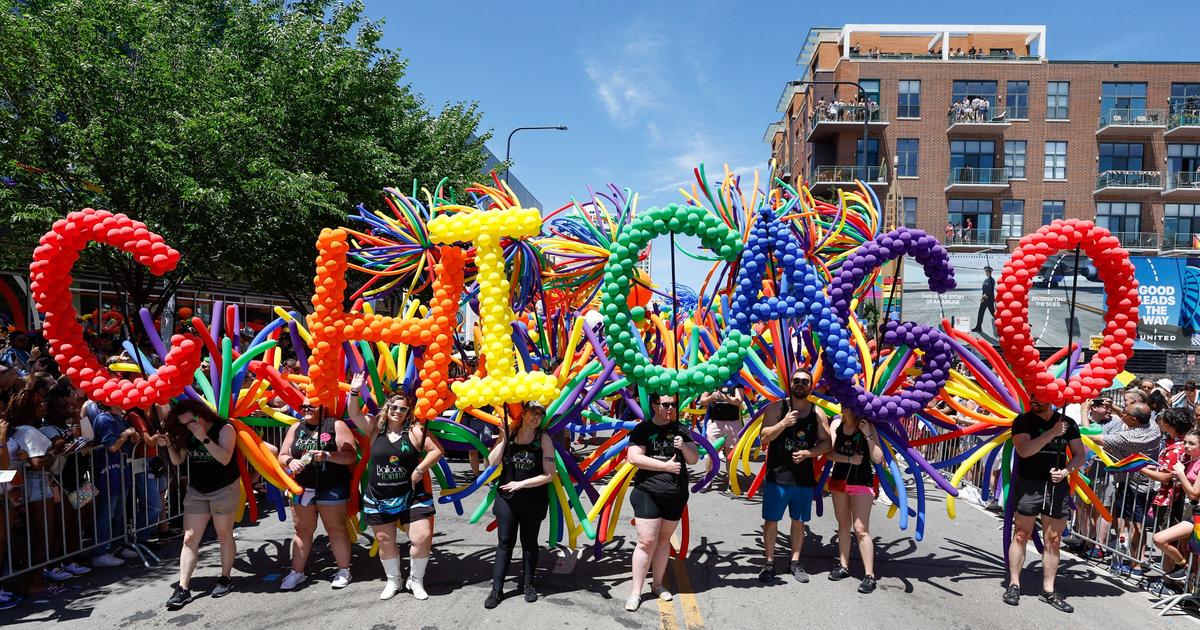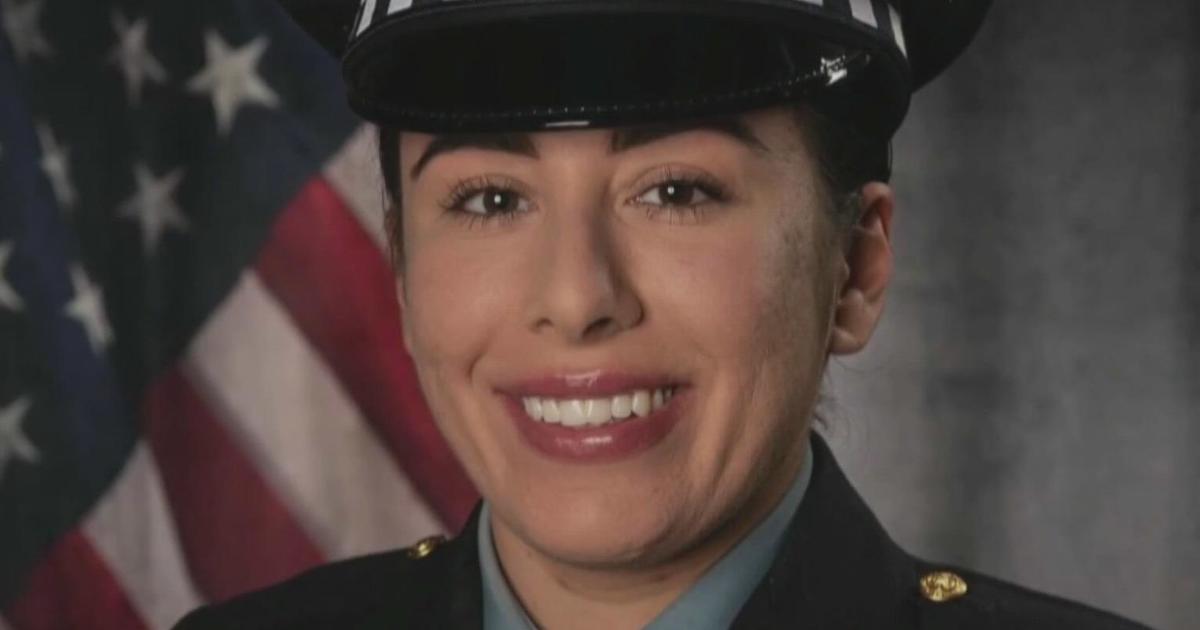First temporary members appointed to new civilian commission to oversee Chicago Police
CHICAGO (CBS) -- In the years following the shooting death of Laquan McDonald by Chicago Police, an effort has been made to bring the community into the decision-making process around police policy.
From body cameras being turned off when they should not be to raids on the wrong homes, CBS 2 has reported extensively on issues of police policy in Chicago not being followed.
On Monday, one year after the City Council approved its creation, the first members of the city's Community Commission for Public Safety & Accountability, or CCPSA, were announced.
As CBS 2's Chris Tye reported, seven community members were appointed to temporary positions Monday. They come from seven unique communities in the city.
Next year, seven people will be elected to fill those spots.
They will review budget, policies, and procedures, and will be an oversight mechanism for public safety in Chicago.
"These efforts started in the wake of the brutal shooting death of Laquan McDonald," said Ald. Harry Osterman (48th). "There was a need for civilian oversight in strong community voice in the direction of policing in Chicago."
However, there are some limits.
The commission's areas of control will be over Chicago Police Department, the Civilian Board of Police Accountability -- or COPA -- and the Chicago Police Board. Of note, the policies they put forth and the recommendations they make can be vetoed by the mayor.
The commission also will not have control over hiring or firing the police superintendent.
But what the mayor hopes they will do is be an agent to get more rapid input from communities.
Each of the 22 police districts will have a voice on the commission -- including a youth representative.
The commission is made up of individuals with five years' experience in either law, public policy, social work, psychology, mental health, public safety, community organizing, civil rights, or advocacy on behalf of marginalized communities.
Mayor Lori Lightfoot believes a big part of this is creating buy in between the police and communities they serve.
"A fundamental part of improving safety is having people in the community believe that the police are legitimate forces for good – and that is a huge issue all over our city, particularly in our Black and brown neighborhoods," Mayor Lightfoot said. "I think one of the most important things that this interim commission can do is listen to people's concerns."
The commission is not an investigative agency. They will not be in charge of looking into specific cases.
They are focused on policy and public safety oversight.
Some critics say the commission's power does not have enough teeth. Commission executive director Adam Gross addressed those critics.
"The commission is like any other body that legislates anywhere in the country. Their decisions are subject to vetoes, and there are also procedures for overriding those vetoes," Gross said. "This is no different."
What is different - the mayor says - can force hard questions to be answered by the powerful inside Chicago's public safety sector.
"They're going to have the ability to listen to the public listen to the medium where they see that there are things that are lacking, bring whoever the necessary party is to the table, and ask hard questions in public," Mayor Lightfoot said.
The interim commissioners named by Mayor Lightfoot are:
Yvette Loizon, a South Side resident and a partner at Clifford Law Offices, who formerky served as an Assistant State's Attorney. Loizon also served as Chief Legal Counsel to the Illinois State Police.
Anthony Driver Jr., a South Side resident, community activist, and public affairs specialist. He served as Political & Legislative Coordinator for the union SEIU Healthcare IL, and was a lead organizer for the Raise Chicago coalition calling for raising the minimum wage to $15.
Oswaldo Gomez, a West Side resident and community organizer who is youth/emerging adult representative. Gomez is a master's student in the Harris School of Public Policy at the University of Chicago, and has worked with the Grassroots Alliance for Police Accountability and Empowering Communities for Public Safety Coalition to create the new civilian police accountability commission.
Cliff Nellis, a West Side resident and the founder and Executive Director of the Lawndale Christian Legal Center. Nellis holds a Master of Divinity from Trinity Evangelical Divinity School, where he worked with the Lawndale Community Church and the Christian Community Development Association to get a broader idea for what ministry to youth who have been involved in the court system would look like. He also helped found the Lawndale Christian Legal Center.
Remel Terry, a West Side resident and community leader who has focused her life on the advancement of the Black community and its youth. She has worked with the American Civil Liberties Union, the Anti-Defamation League, and Black Lives Matter on issues surrounding social justice, police misconduct, and accountability. Terry is also 2nd Vice President of the Chicago Westside NAACP.
Isaac Troncoso, a North Side resident and community advocate who is also a youth/emerging adult representative on the Commission. Troncoso has worked on Chicago-area political campaigns, volunteered with nonprofits, and served on boards and hopes to amplify young people's voices in policymaking.
Rev. Dr. Beth Brown, a North Side who been a pastor in the Presbyterian Church for the past 30 years and now pastor at Lincoln Park Presbyterian Church. As pastor, she has focused on issues relating to mental health, public safety, community organizing, civil rights, and advocacy on behalf of marginalized populations. In particular as an out queer pastor, Rev. Brown has advocated for 20 years for LGBTQIA+ both in and out of the church.
The commission is partly modeled after what Los Angeles did in the 1990s and 2000s. Under a federal consent decree after the Rodney King police beating, the LAPD built a model similar model that got them out from under the consent decree.
Whether that will happen in Chicago remains an open question - as the Chicago Police Department remains under a consent decree.
If you are interested in becoming an elected member of this board during their elections next year, you can reach out to the Chicago Board of Elections to learn how to do that.




